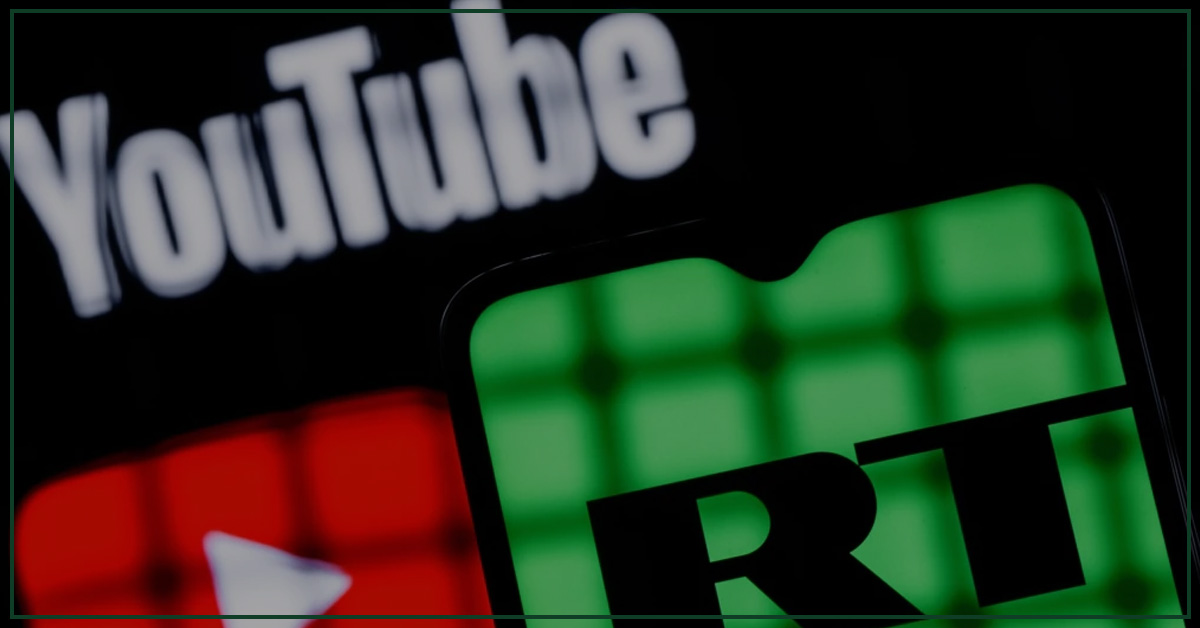YouTube has restricted Russian channels RT and Sputnik in Europe ” “taking into account the ongoing war in Ukraine”, the platform stated on Tuesday.
“We are blocking the YouTube channels of RT and Sputnik in the whole of Europe with immediate effect. Our systems need a little time before being fully operational, according to an email issued to AFP.
Social media giant Facebook took a comparative choice on Monday by impeding content issued by RT and Sputnik in the European Union. The state-upheld media associations are viewed as mouthpieces of Russian President Vladimir Putin’s system.
Ursula von der Leyen the chief of the European Commission on Sunday declared they and their auxiliaries would be prohibited from broadcasting in the coalition for spreading “lies to justify Putin’s war “.
In the meantime, Microsoft reported it wouldn’t show content or advertisements from RT and Sputnik, or incorporate RT’s applications in its app store. Furthermore, YouTube limited Russian-state media channel monetization through advertisements, albeit the channels are still uploading videos at regular intervals on the site.
According to the latest video presented on RT’s TikTok channel, which is also viewable in the US, Steve Bannon’s clip, a previous top counsel to ex-President Donald Trump and currently has a podcast with a propensity for conspiracies and misinformation notions.

“Ukraine isn’t even a country. It’s kind of a concept,” Bannon said in the clip, echoing a claim by Russian President Vladimir Putin. “So when we talk about sovereignty and self-determination it’s just a corrupt area where the Clintons have turned into a colony where they can steal money.”
As of now, Facebook’s endeavours to restrict Russian express media’s scope have drawn rage from Russia. Last week, Meta authorities said they had rebuked Russia’s solicitation to stop reality checking or naming posts made by Russian state media. Kremlin authorities answered by confining admittance to Facebook.
The organization has additionally denied demands from Ukrainian authorities who have requested that Meta eliminate admittance to its foundation in Russia. That would keep ordinary Russians from utilizing the stages to find out with regards to the conflict, voice their perspectives or put together fights, as indicated by Nick Clegg, as of late named the organization’s VP of worldwide issues
“We believe turning off our services would silence important expression at a crucial time,” Clegg composed on Twitter on Sunday. More forceful naming of state media and moves to de-underscore their substance online could assist with diminishing the spread of unsafe material without removing a key data source, said Alexandra Givens, CEO of the Center for Democracy and Technology, a Washington non-benefit.
“These platforms are a way for dissidents to organise and push back,” Givens said. “The clearest indication of that is the regime has been trying to shut down access to Facebook and Twitter.”





